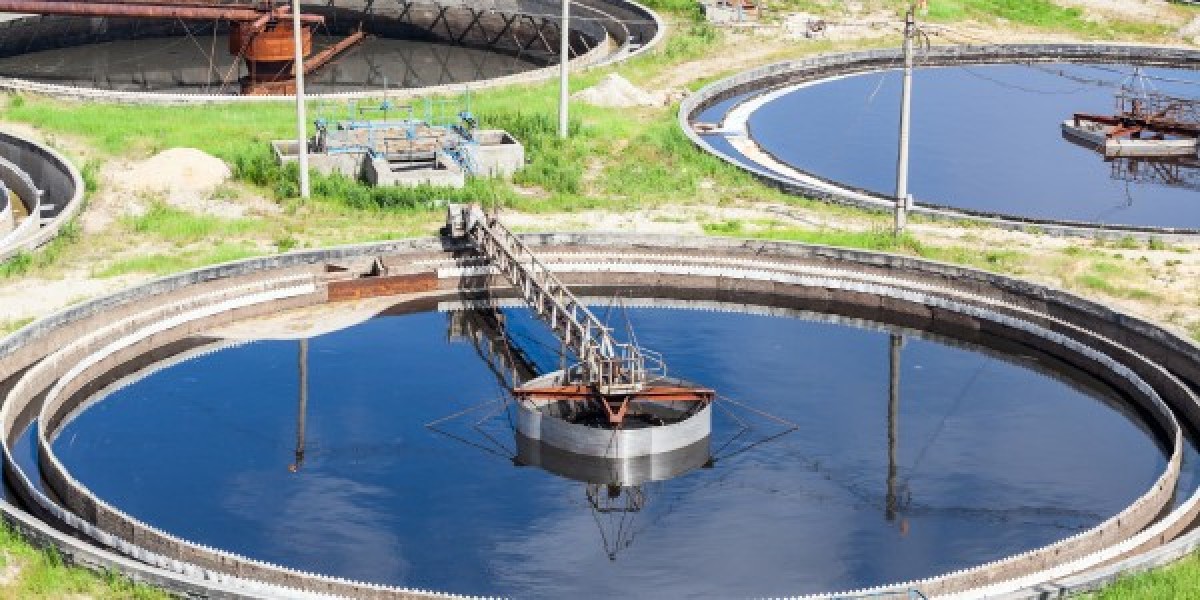Water is one of our planet’s most valuable resources. Yet, with rising populations, industrial growth, and environmental challenges, ensuring access to clean and safe water has become more complex than ever. This is where water treatment solutions come in, technologies and processes designed to remove impurities, protect health, and support sustainable water use across industries and communities.
What Are Water Treatment Solutions?
Water treatment solutions refer to the wide range of methods and systems used to improve the quality of water for a specific purpose. This could mean making water safe for drinking, preparing it for industrial use, or cleaning wastewater before it returns to the environment.
The treatment process can involve physical, chemical, and biological techniques. These may include filtration, sedimentation, disinfection, desalination, and advanced membrane technologies. Each solution is tailored to the unique challenges of the water source and the requirements of its end use.
Why Water Treatment Matters
The importance of water treatment cannot be overstated. Without proper treatment:
Communities risk exposure to waterborne diseases caused by bacteria, viruses, and parasites.
Industries may face equipment damage and reduced efficiency due to impurities like sediments, minerals, or chemicals.
Environmental ecosystems can be harmed when untreated wastewater is discharged back into rivers and oceans.
In short, effective water treatment solutions protect public health, industrial efficiency, and environmental sustainability.
Key Water Treatment Methods
Filtration – A common process that removes particles, sediments, and contaminants using filter media such as sand, carbon, or membranes.
Disinfection – Methods like chlorination, UV light, or ozone are used to kill harmful microorganisms and make water safe for drinking.
Reverse Osmosis (RO) – A membrane technology that removes dissolved salts, chemicals, and impurities, making it popular for both desalination and drinking water purification.
Ultrafiltration (UF) – A pressure-driven process that removes suspended solids and bacteria while allowing beneficial minerals to pass through.
Coagulation and Flocculation – Chemicals are added to bind small particles together into larger clumps, which are then easier to remove.
Desalination – Essential in regions with limited freshwater, desalination turns seawater into potable water through advanced filtration and RO systems.
Each method has its strengths, and often, multiple techniques are combined to create a comprehensive treatment system.
Applications of Water Treatment Solutions
Water treatment plays a critical role in many areas:
Municipal Water Supply: Ensures communities have access to safe, clean drinking water.
Industrial Applications: Used in sectors like power generation, oil & gas, mining, food and beverage, and pharmaceuticals.
Wastewater Treatment: Cleans industrial and municipal wastewater before it is released, reducing pollution and protecting ecosystems.
Desalination Projects: Provide freshwater in coastal and arid regions facing water scarcity.
By tailoring solutions to each application, treatment systems help ensure water is used responsibly and efficiently.
The Role of Technology and Innovation
Modern water treatment solutions increasingly rely on advanced technologies. Smart sensors and automation help monitor water quality in real time. Energy-efficient filtration systems reduce operational costs. Recyclable and longer-lasting filter cartridges cut down on waste.
Sustainability is now at the forefront of innovation. Many treatment systems are designed to reuse and recycle water, reducing dependency on freshwater sources and supporting global conservation goals.
Choosing the Right Solution
Selecting the right water treatment solution depends on several factors:
The quality of the raw water source.
The desired end use (drinking, industrial, agricultural, or discharge).
The regulatory standards that must be met.
Long-term operational costs and maintenance needs.
Working with an experienced water treatment manufacturer ensures that systems are properly designed, customized, and supported with reliable after-sales service.
Conclusion
Water is life, and ensuring its purity is one of the most pressing challenges of our time. Water treatment solutions provide the technology and expertise needed to meet this challenge head-on—protecting health, supporting industries, and safeguarding the environment.
As the world faces increasing water stress, investing in effective treatment systems is no longer an option but a necessity. By embracing innovative, sustainable water treatment solutions, we take a step closer to securing clean water for future generations.






